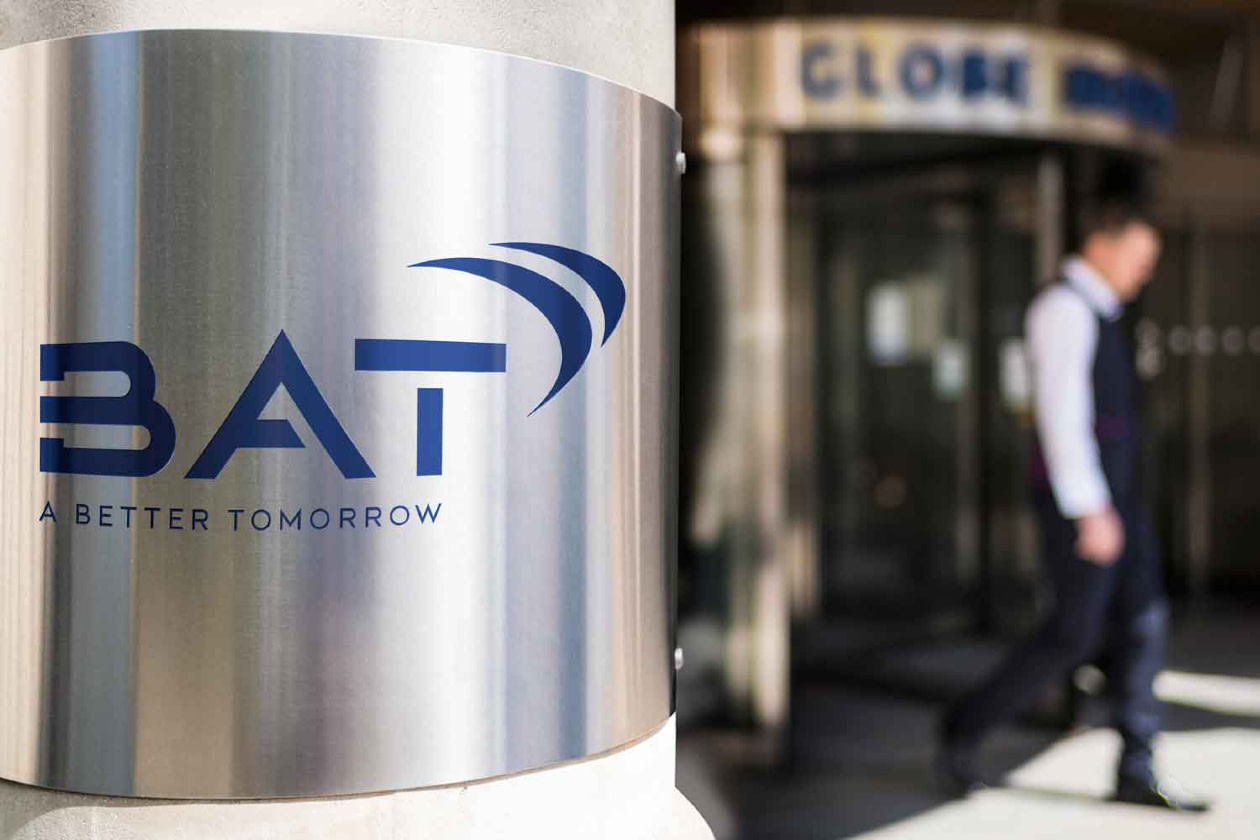British American Tobacco grew 2024 sales by 1.3% organically when ignoring exchange rates. Combustibles were broadly flat with 5.2% volume declines offset by positive moves in price and product mix. New category revenue was up 8.9%.
Underlying operating profit increased by 1.4% to £11.9bn. The group’s also taken a £6.2bn charge in anticipation of a settlement of ongoing litigation in Canada.
Free cash flow of £7.9bn helped to drive net debt down 9.9% to £30.6bn.
The annual dividend has been raised 2.0% to 240.24p with £900mn of share buybacks expected this year as announced previously.
Organic growth guidance is for an increase of around 1%, with underlying operating profit growth of 1.5-2.5%. Both metrics are below medium-term targets due to regulatory headwinds in Australia and higher VAT and duty rates in Bangladesh.
The shares were down 9.2% in early trading.
Our view
British American Tobacco’s underlying revenue and profit barely grew over 2024, and markets were disappointed that this year is shaping up in a similar fashion. Efforts to halt the decline in market share for traditional smoking products in the core US market have been successful. However, tobacco volumes continue to decline, and there are ongoing risks of stricter regulations on smoking in other regions.
The group was early to recognise changes in consumer behaviour and is increasingly pinning its hopes for the future on its portfolio of 'smokeless' products, namely vapes, heated tobacco and oral pouches. We're impressed by the progress made so far. The so called ‘New Categories’ are finally contributing to the bottom line, albeit in a small way.
There's now a target in place for them to generate over half of total revenues by 2035. But competition from illegal single-use vapes in North America is proving to be a drag. Investors will be hoping that the plan is to accelerate growth in New Categories rather than speed up the decline in combustibles.
There’s is some evidence to suggest that these products pose a reduced health risk compared to cigarettes, but they are coming under increasing scrutiny with some products already banned in the US. The Trump administration could see the products in a more favourable light. The same can be said for previously banned menthol cigarettes, but there can be no certainty of any about turn in legislation.
It's too early to call how the long-term profitability of these products will compare to traditional products. This could undermine BATS' attractive operating margins which have remained over 40% despite recent market challenges and the spike in inflation.
Consistently high cash flows do mean that the company is well placed to make the investments necessary to keep pivoting away from cigarettes. That also supports a dividend yield of around 8%. The group also remains committed to ‘sustainable’ share buybacks.
But with net debt levels at the upper end of the 2-2.5x underlying cash profit (EBITDA) target range and £6.5bn set aside for legal settlements in Canada, there may be limited scope to increase shareholder pay-outs in the immediate future. There can never be any guarantees.
Even before the negative reaction to BATS 2024 final results statement, the valuation was lagging the long-term average. This suggests the market isn’t yet convinced that New Categories can underpin BATS' future. While successful execution of the strategy could drive a re-rating, we’ll want to see further evidence of growth moving in the right direction before getting too excited.
Environmental, social and governance (ESG) risk
The food and beverage industry tends to be medium-risk in terms of ESG though some segments like agriculture, tobacco and spirits fall into the high-risk category. Product governance is a key risk industry wide especially in areas with strict quality and safety requirements. Labour relations and supply chain management are also industry wide risks, with other issues varying by sub-sector.
According to Sustainalytics, BATS' overall management of ESG issues is strong. But we do have some concerns. Recent controversies include accusations of using corporate social responsibility activities to influence government officials and bypass tobacco policies. With tobacco being on the exclusion list of certain institutional investors, product impact is key and the company's commitment to public health.
British American Tobacco key facts
All ratios are sourced from LSEG Datastream, based on previous day’s closing values. Please remember yields are variable and not a reliable indicator of future income. Keep in mind key figures shouldn’t be looked at on their own – it’s important to understand the big picture.
This article is not advice or a recommendation to buy, sell or hold any investment.No view is given on the present or future value or price of any investment, and investors should form their own view on any proposed investment.This article has not been prepared in accordance with legal requirements designed to promote the independence of investment research and is considered a marketing communication.Non - independent research is not subject to FCA rules prohibiting dealing ahead of research, however HL has put controls in place(including dealing restrictions, physical and information barriers) to manage potential conflicts of interest presented by such dealing.Please see our full non - independent research disclosure for more information.


